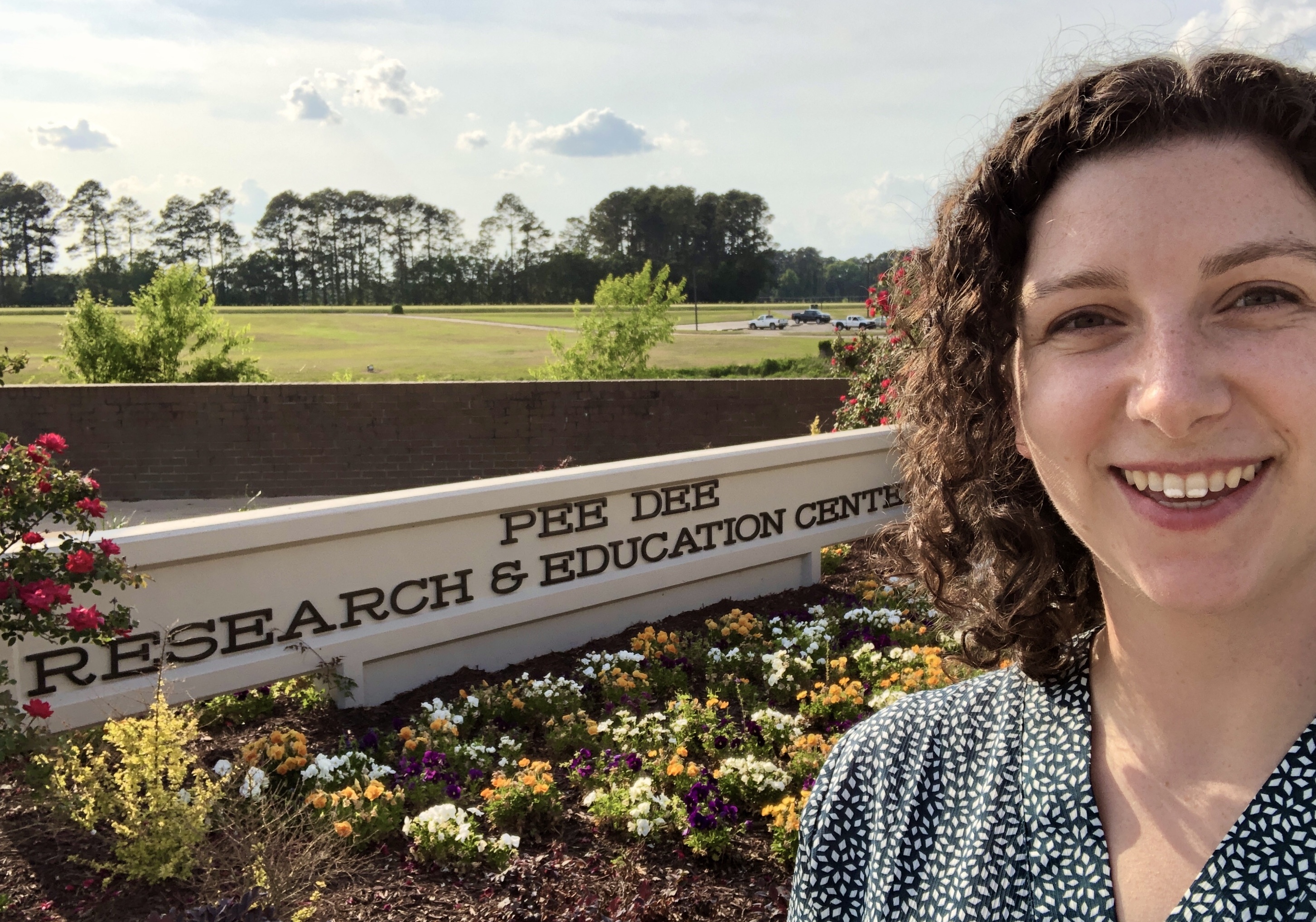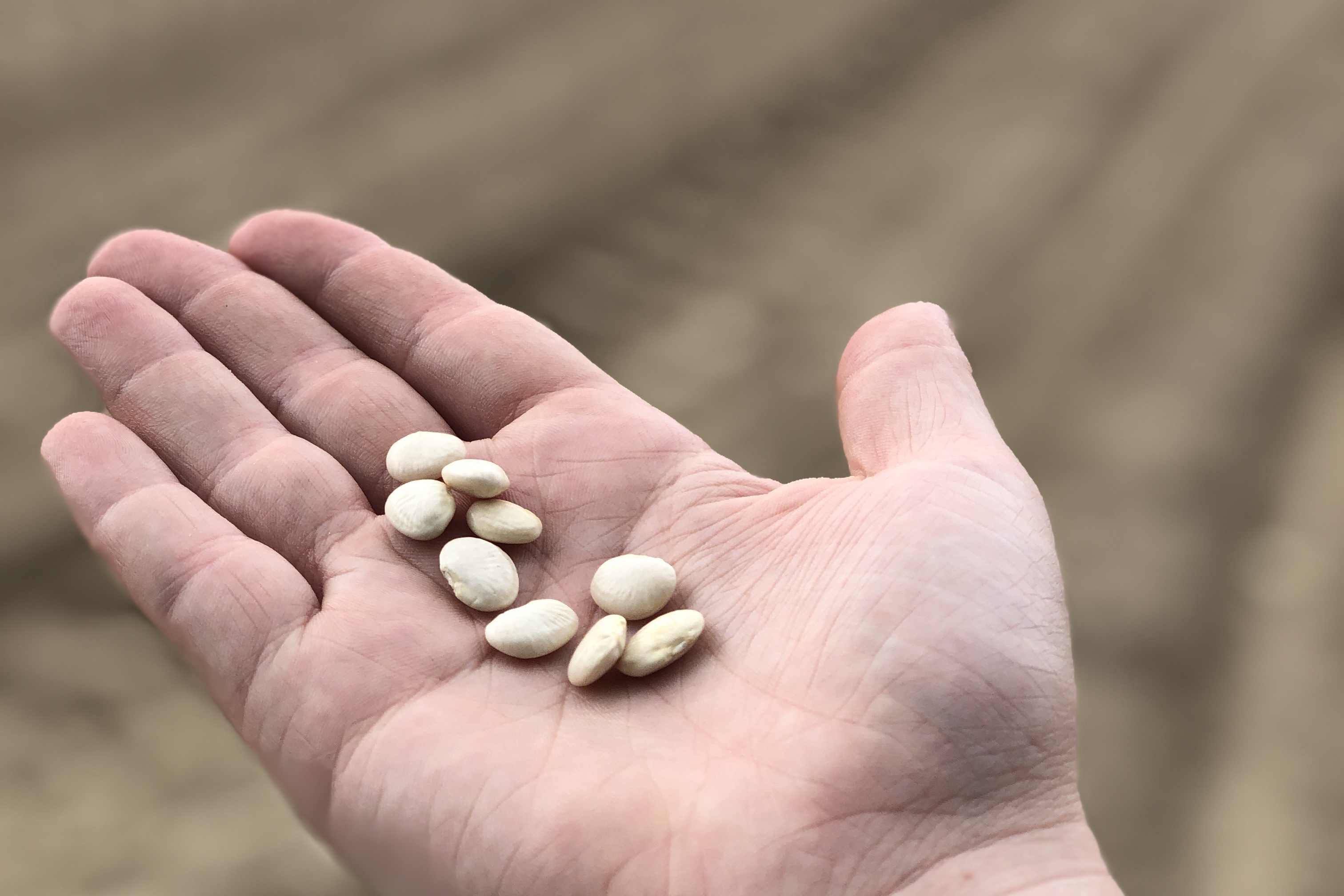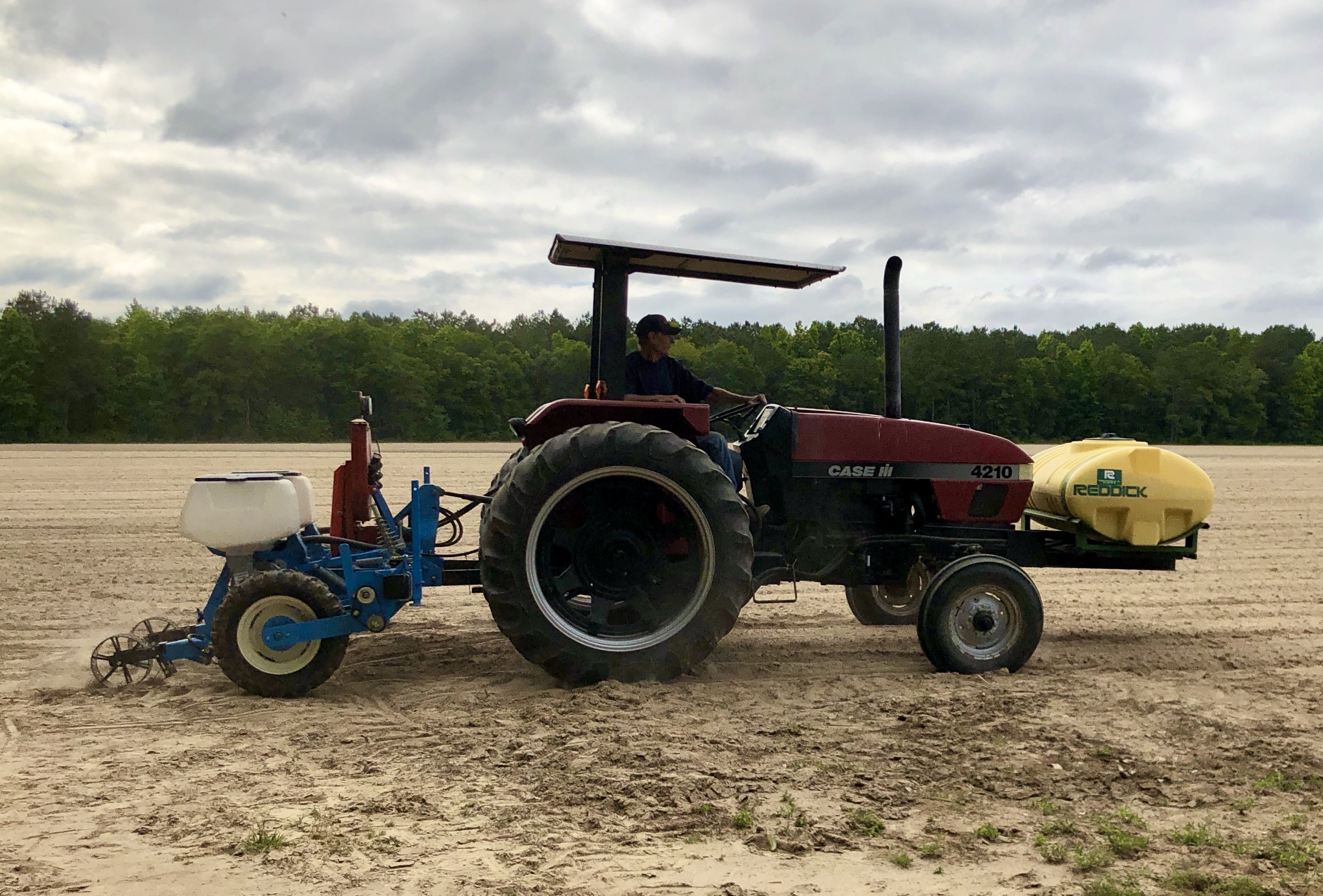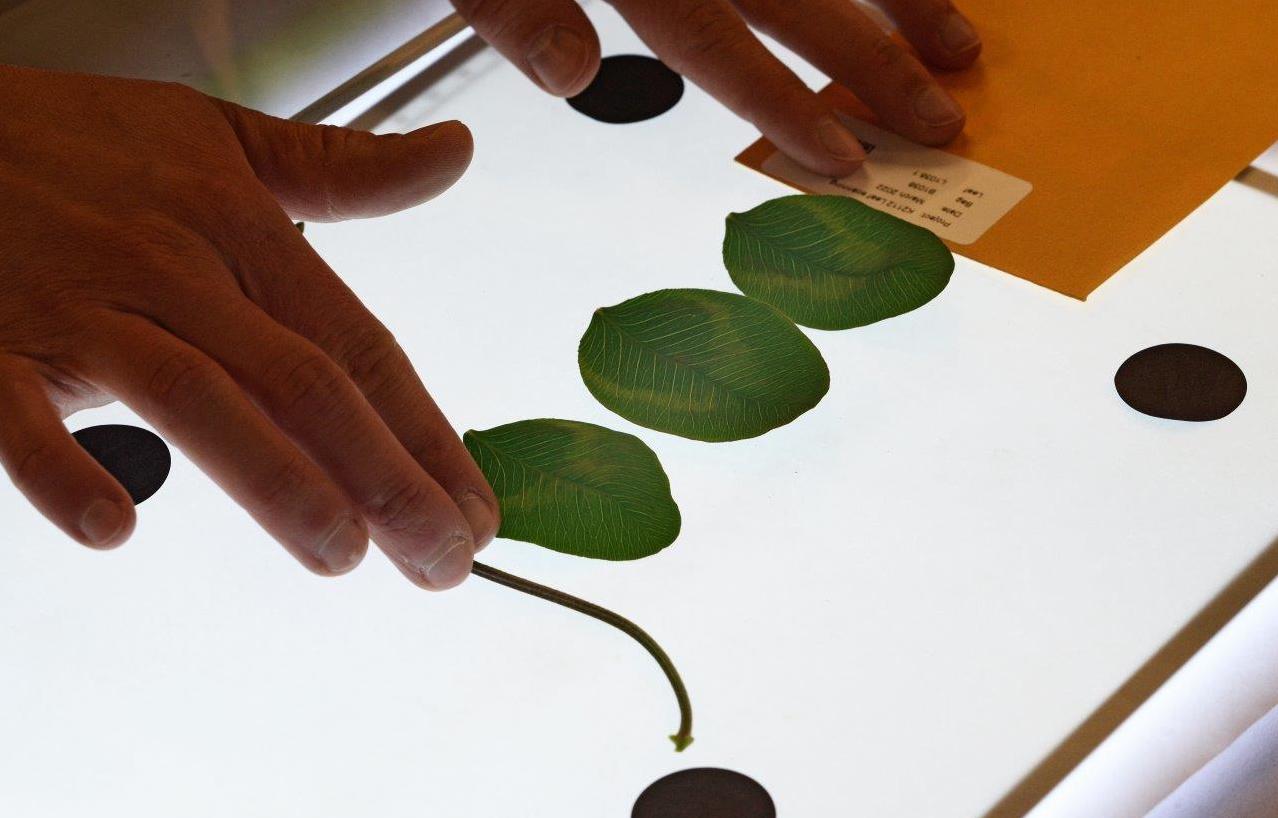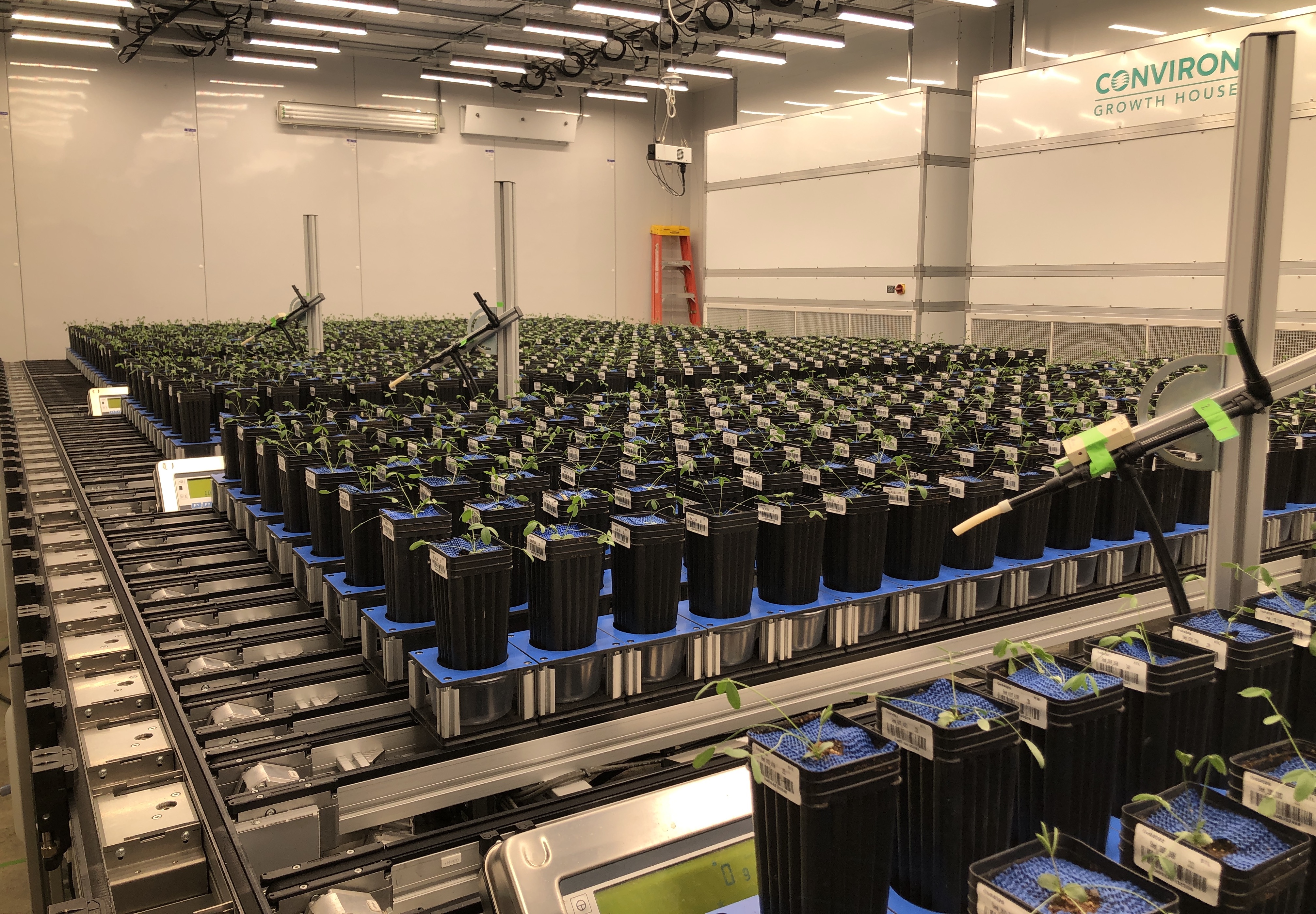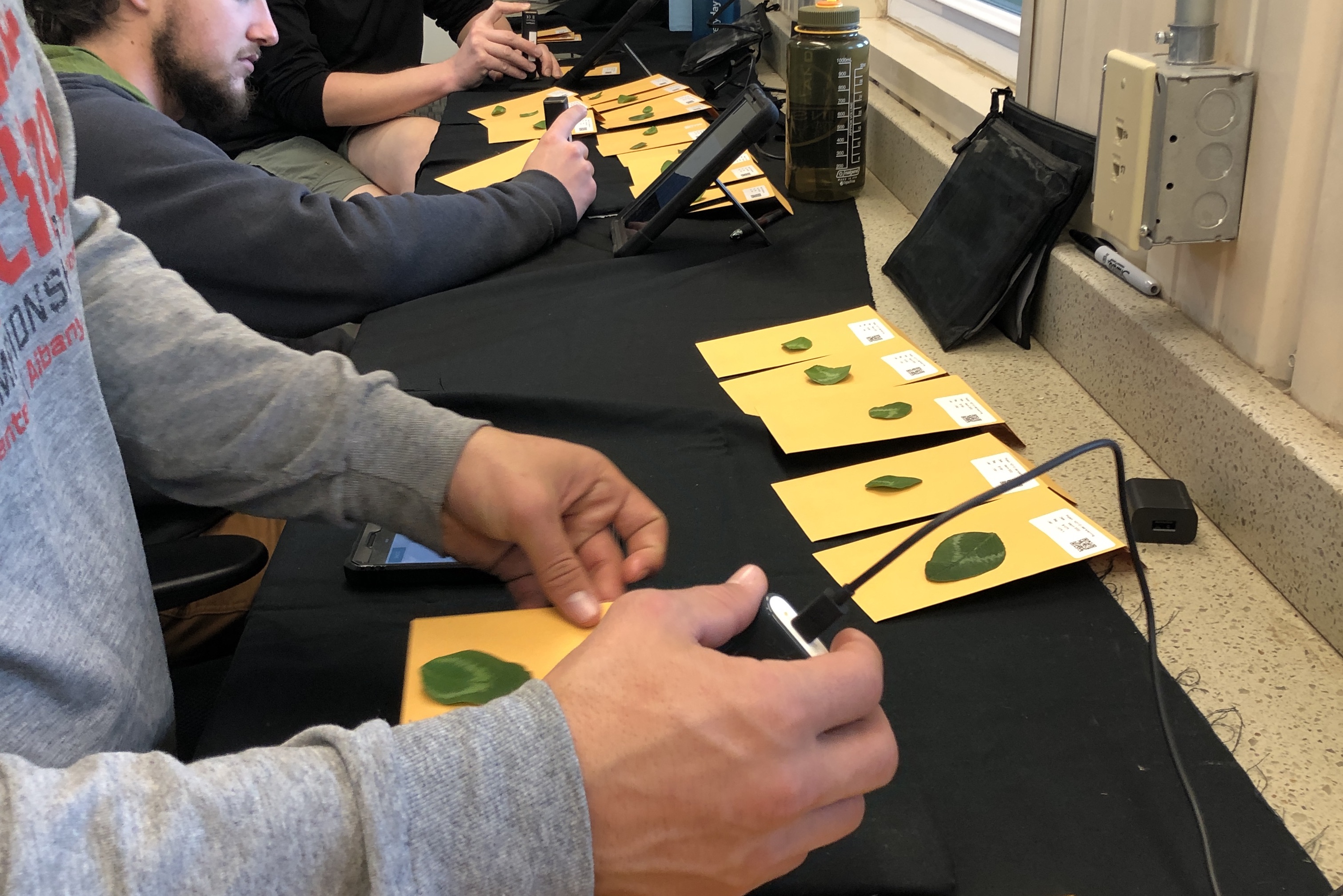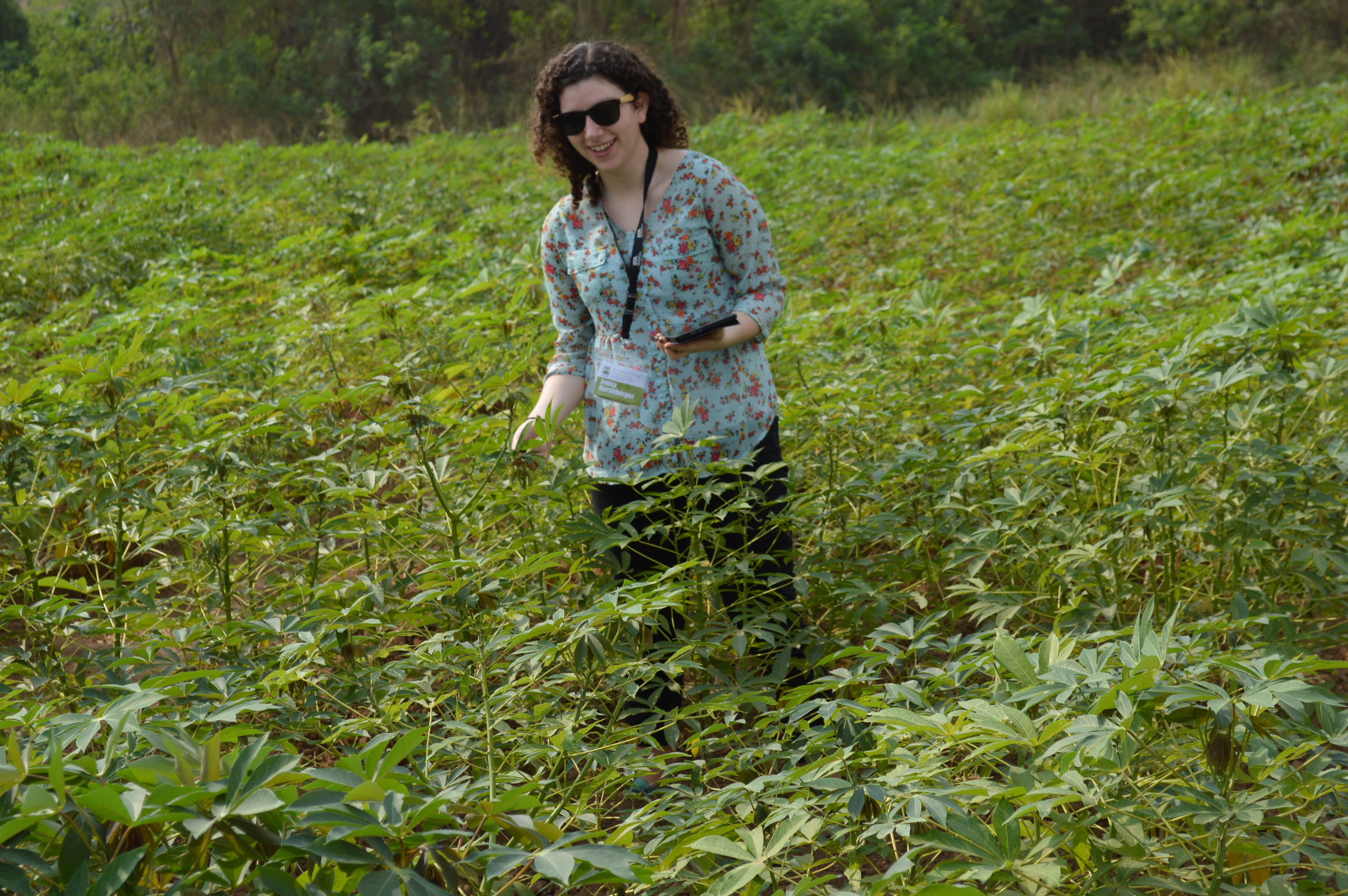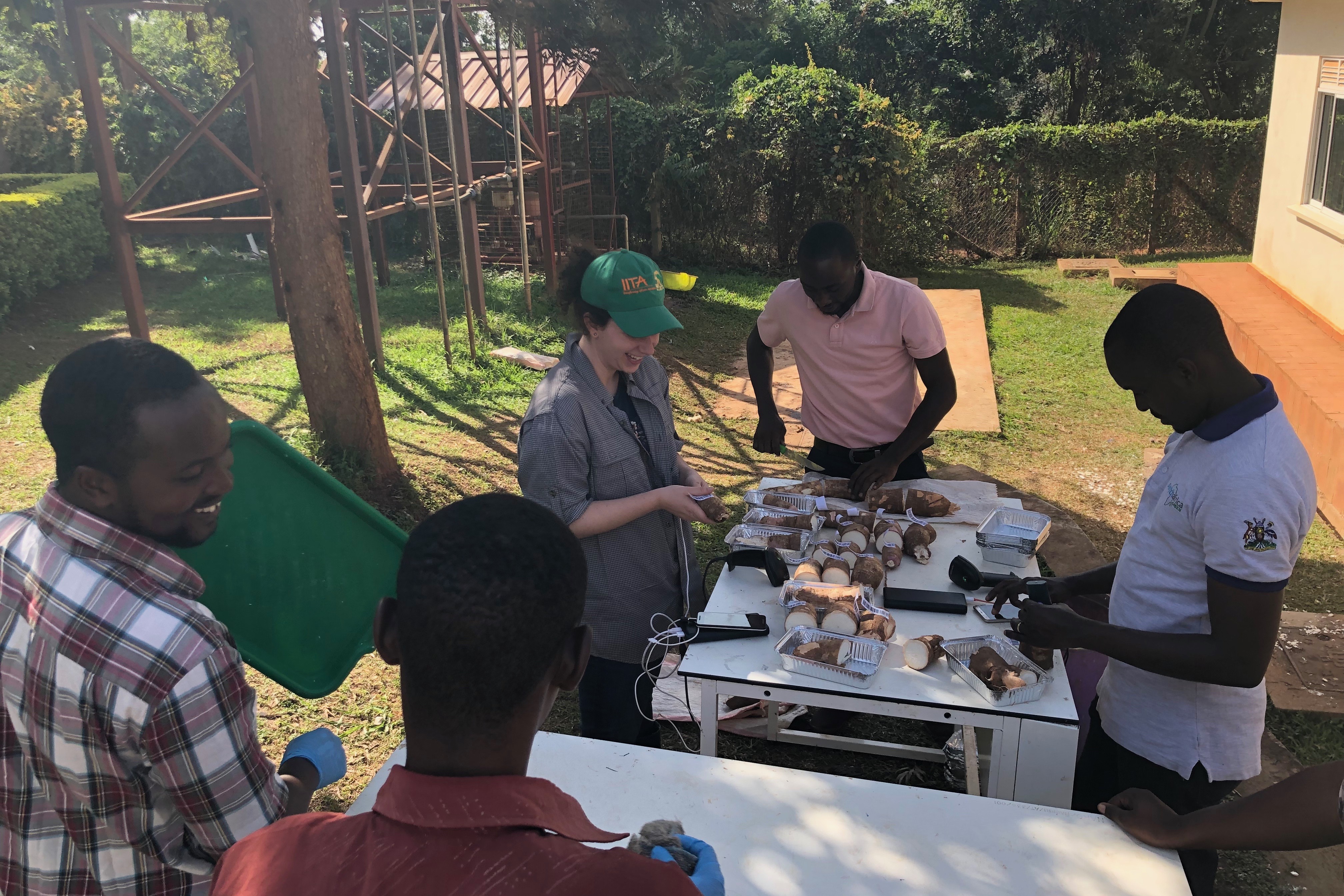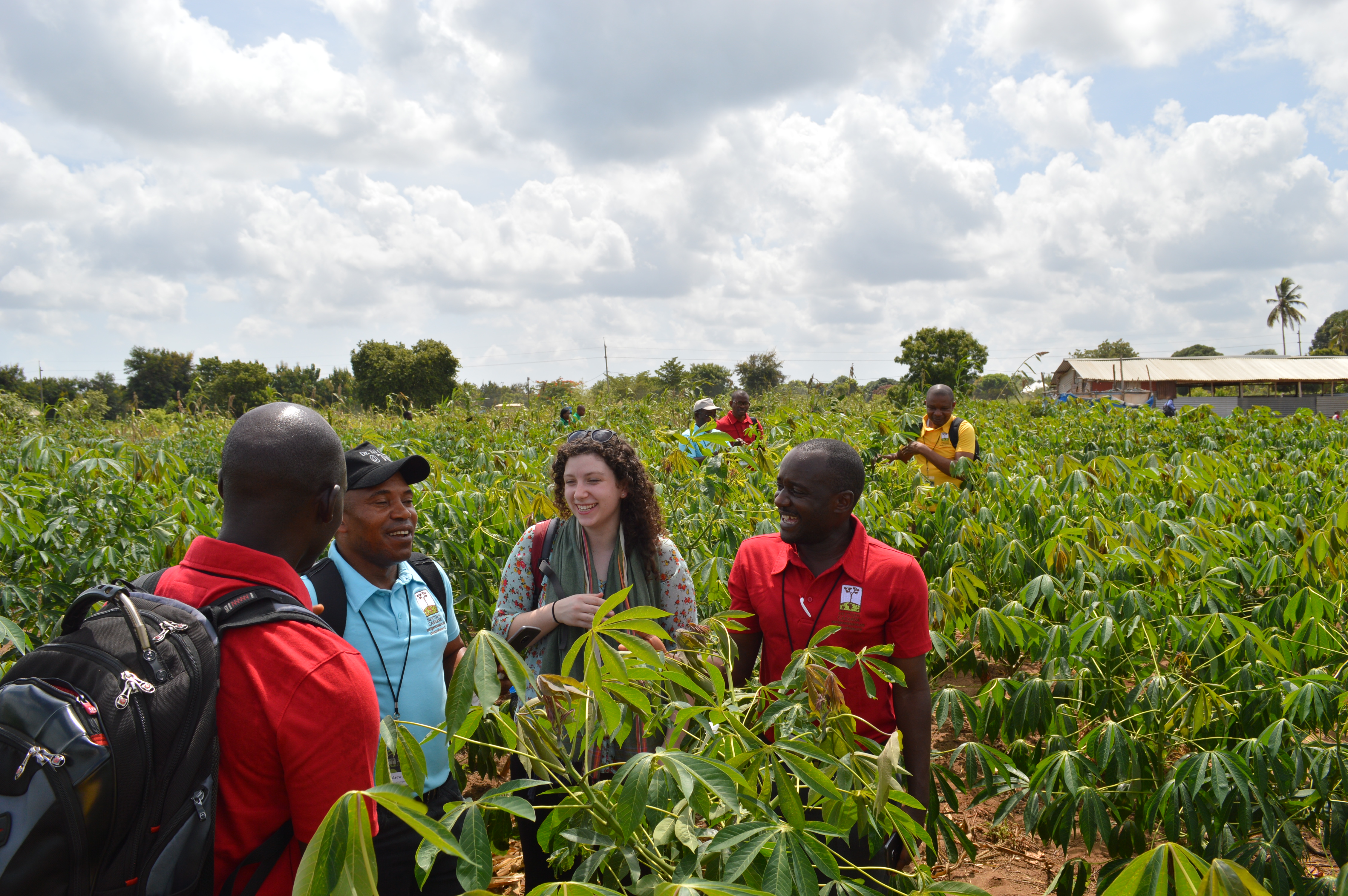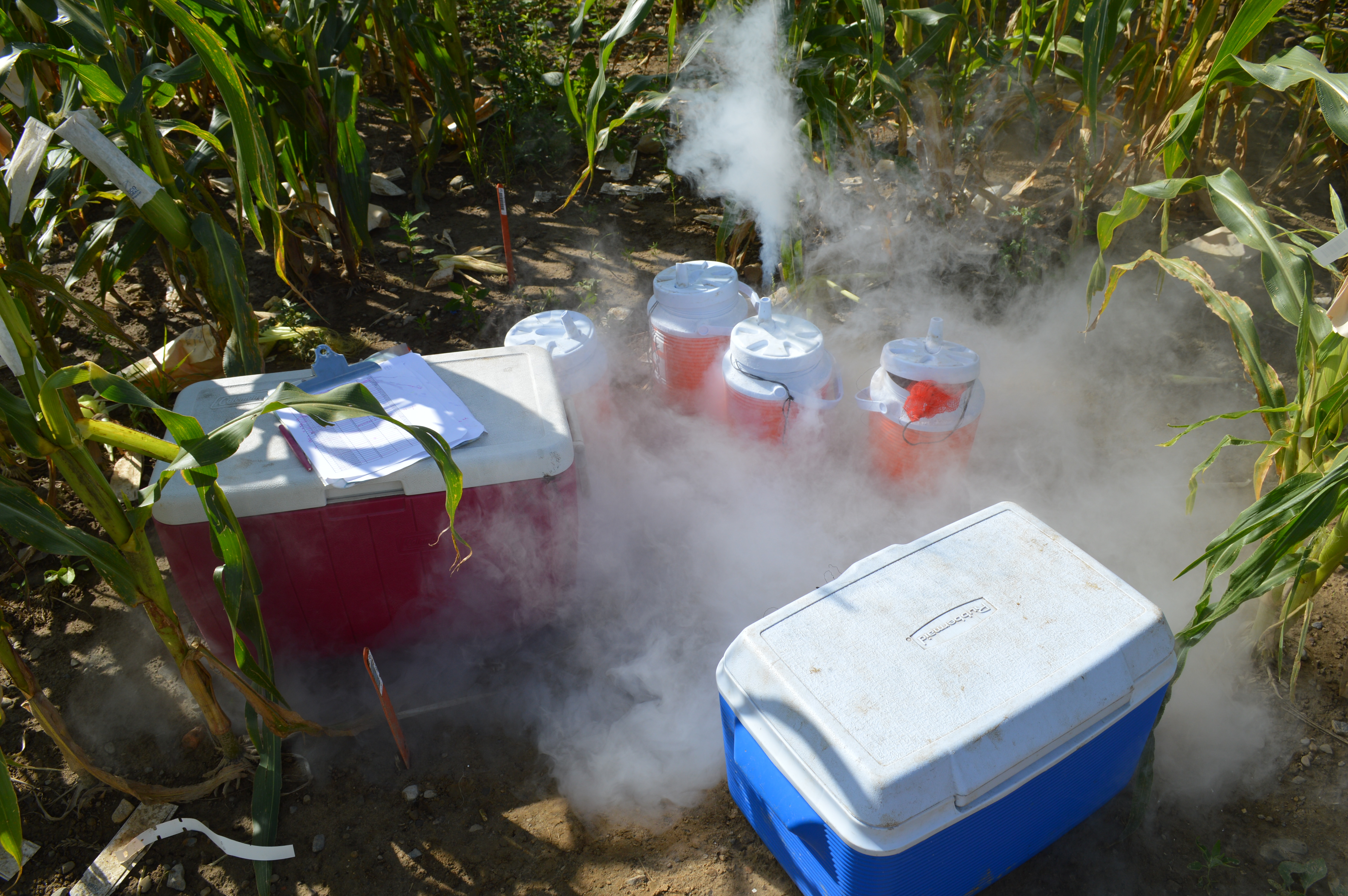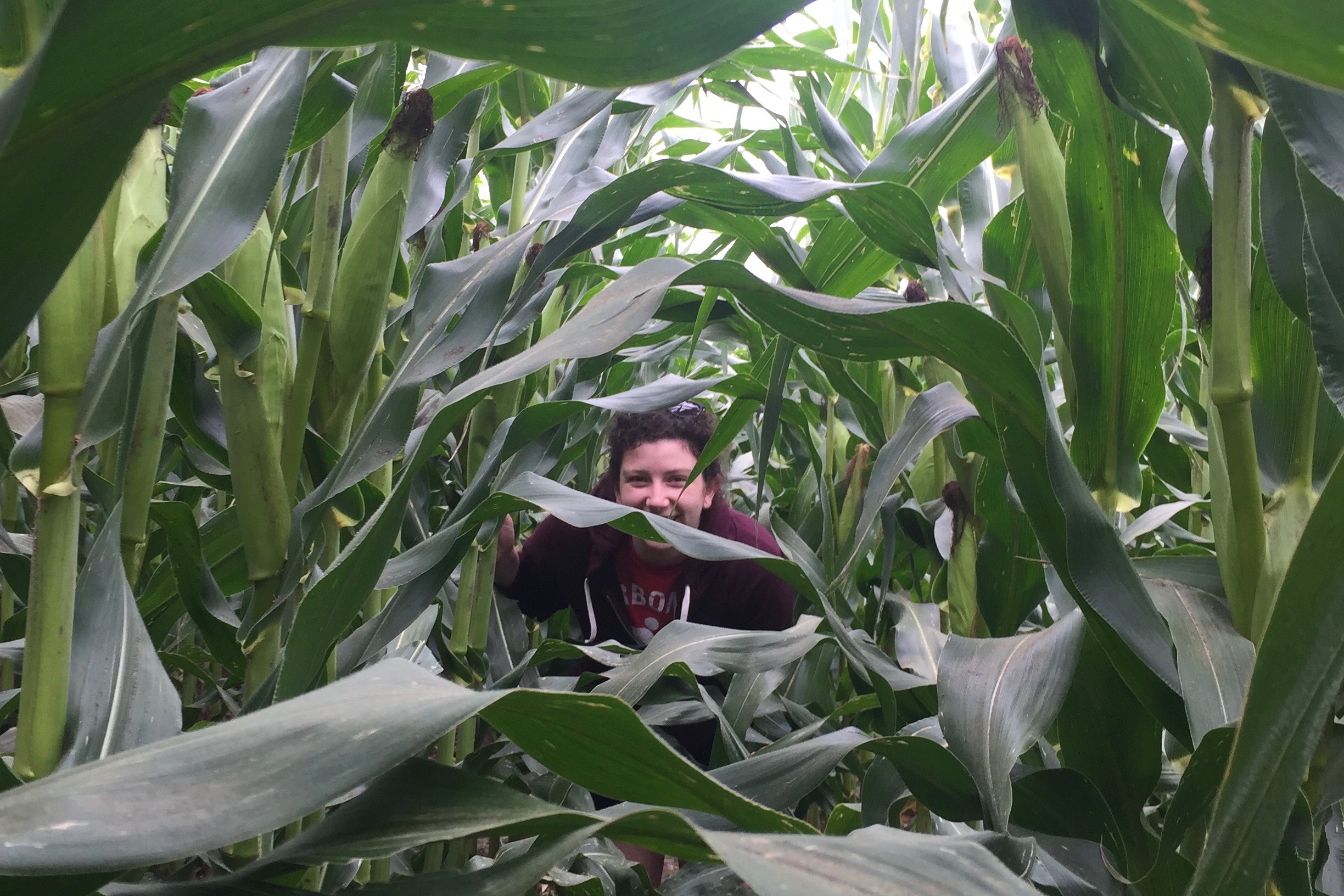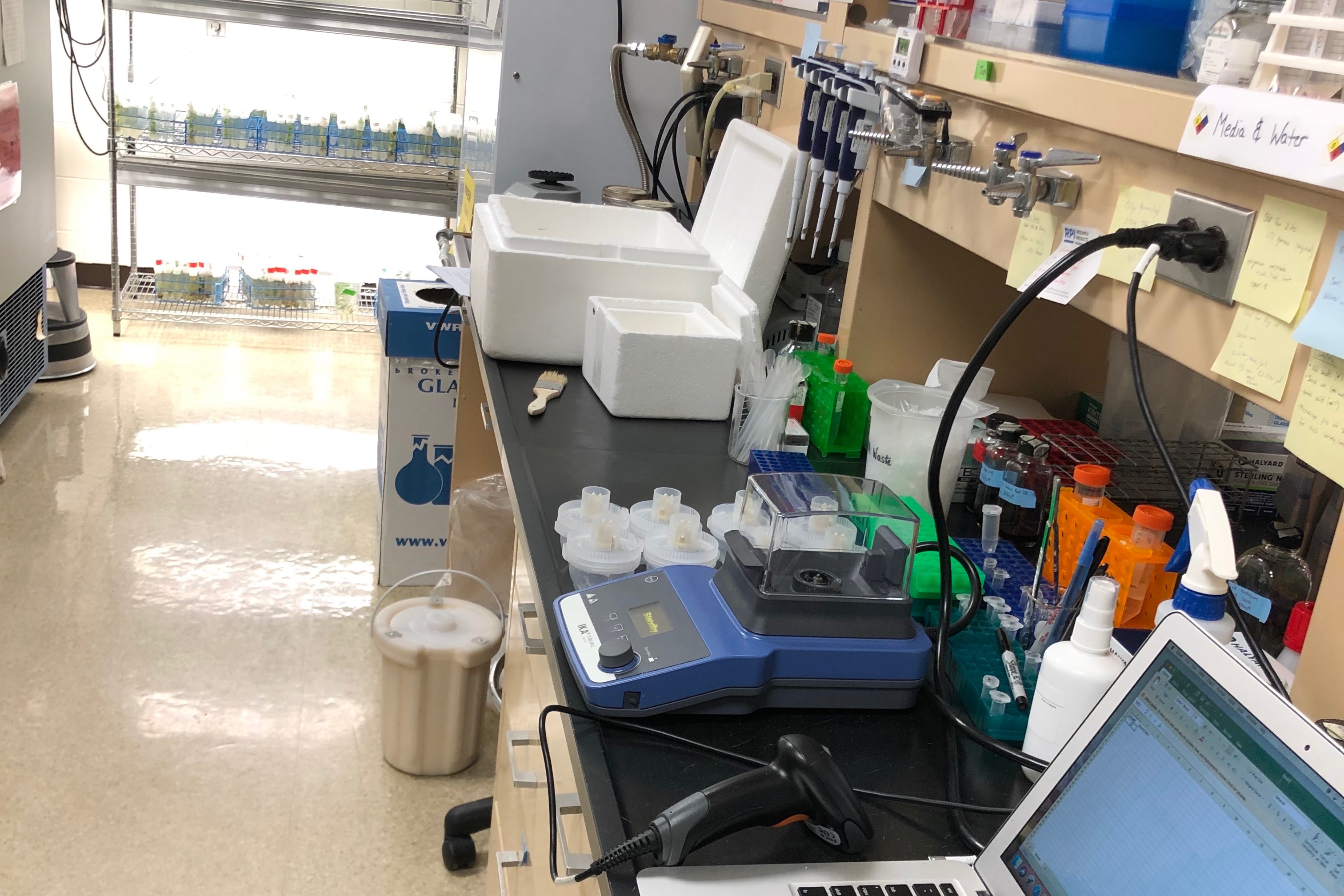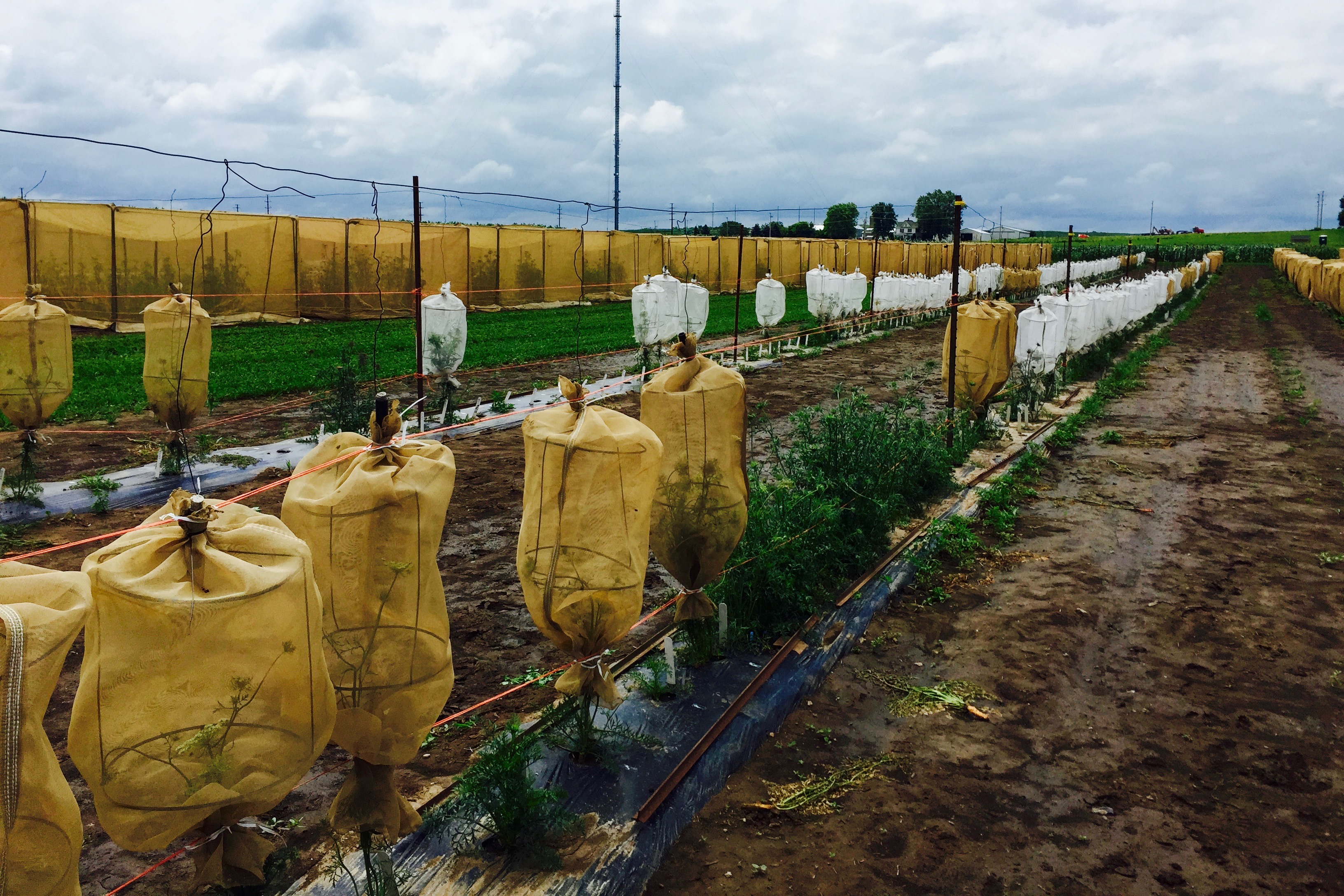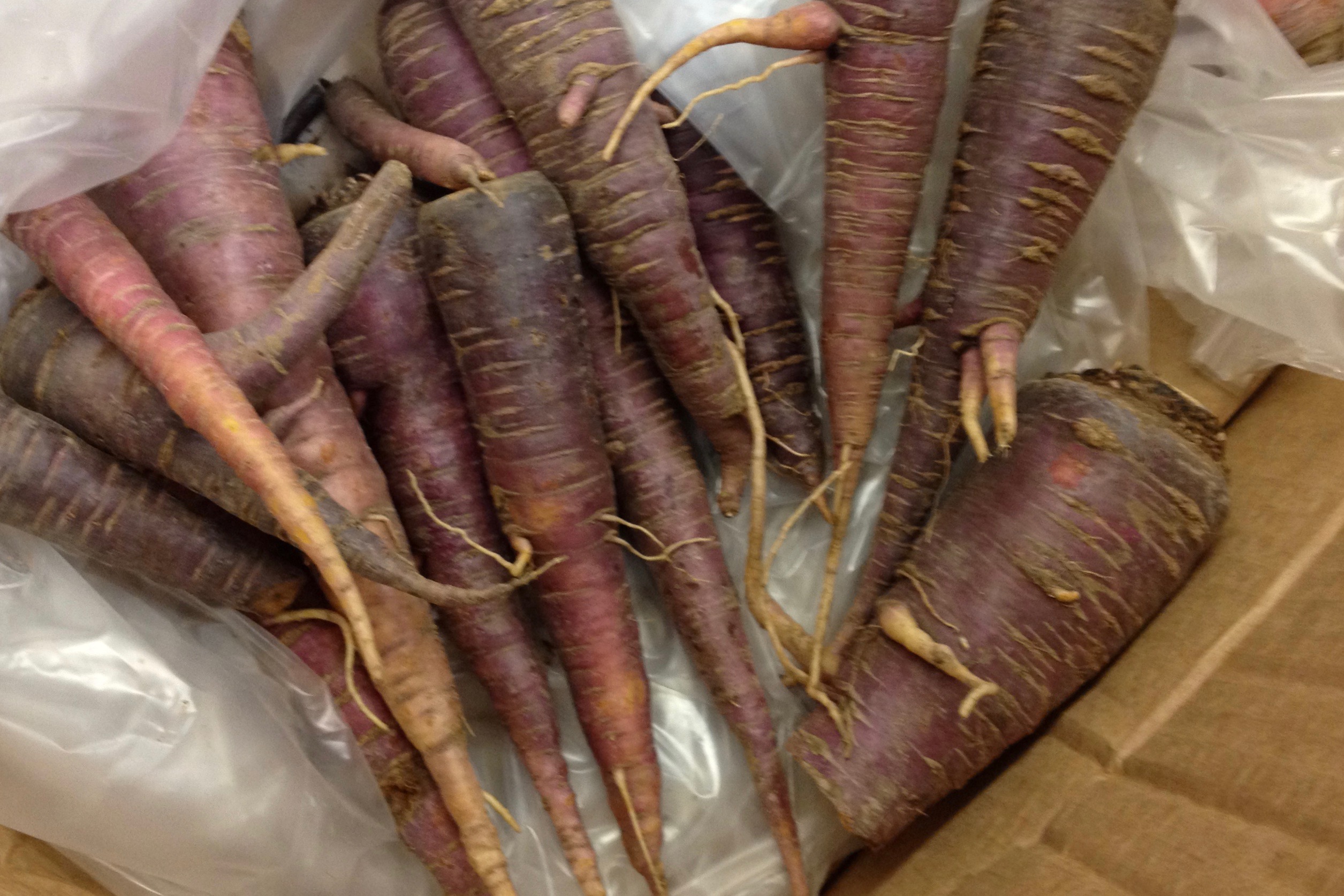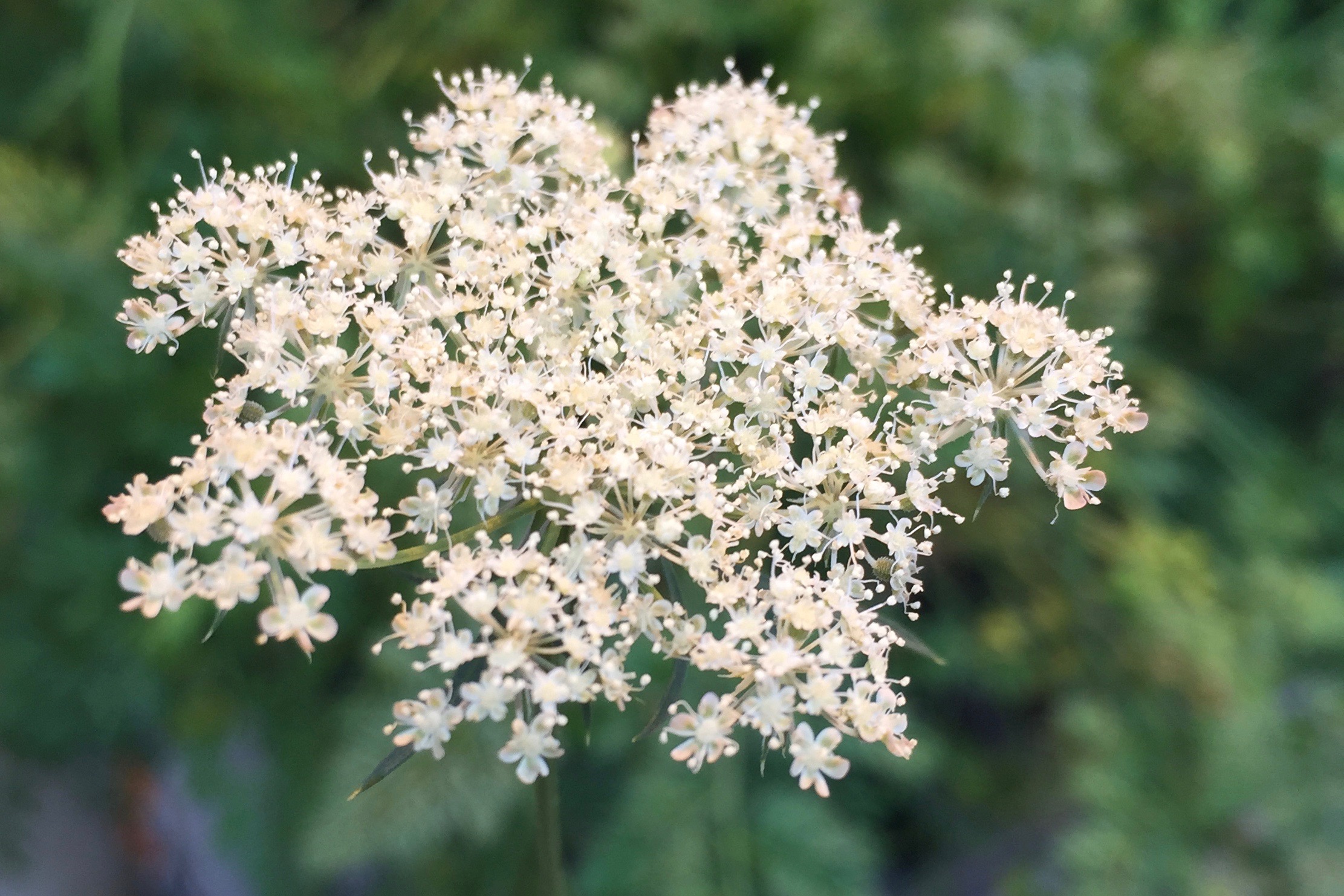about
Welcome! My name is Jenna and I’m an Assistant Professor of Vegetable Breeding and Genetics in the Department of Plant and Environmental Sciences at Clemson University. I’m located at the Pee Dee Research & Education Center in Florence, South Carolina. Check out my new lab website here!
Prior to Clemson, I was a Postdoctoral Research Associate co-mentored by Dr. Allison Miller at the Donald Danforth Plant Science Center and Dr. Brandon Schlautman at The Land Institute. My research focused on the development and evaluation of new selection and evaluation methods for practical application in plant breeding programs. Through my postdoc, I explored the use of spectral datasets to improve efficiency in the domestication of perennial grain and legume crops. Find out more about my current and past research projects on my research page.
I recently completed my Ph.D. in Plant Breeding and Genetics in Mike Gore’s lab at Cornell University (June 2021). For my dissertation, I studied the genetics, genomics, and transcriptomics of sweet corn nutritional quality traits and developed near-infrared spectroscopy-based approaches and analysis tools for the phenotyping of quality traits in cassava. Prior to Cornell, I received a B.S. in Horticulture and a minor in African Studies from the University of Wisconsin-Madison. Throughout my time at UW-Madison, I worked with Dr. Phil Simon in the USDA-ARS Carrot Genetics group as an undergraduate research assistant. Parallel to my work in horticulture, I studied Swahili and spent a semester abroad in Kenya with MSID, a program focused on international development. I’ve enjoyed having these interests intersect in my graduate work and plan to continue pursuing both as I move forward.
I am passionate about food security and envision a world in which appropriate, nutrient-dense cultivars are in the hands of smallholder farmers. I want to use my career to empower plant breeders both in the United States and abroad to efficiently create improved plant varieties through the development of user-friendly tools and effective breeding strategies. By focusing at the intersection of operations research, nutritional genomics, and informatics, I believe that I can make a substantial contribution towards these goals, but it is only through strong collaborations with experts in these fields and with breeding program partners in CGIAR and national agricultural research systems (NARS) that true progress will be made.
When I’m not coding or thinking about science, I enjoy spending my time quilting and baking.
